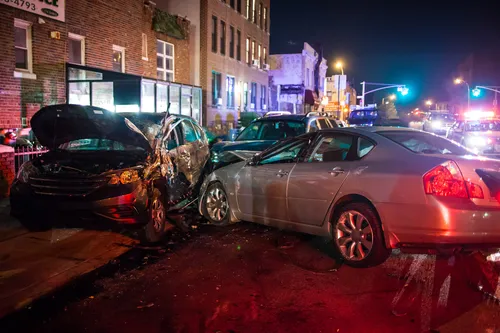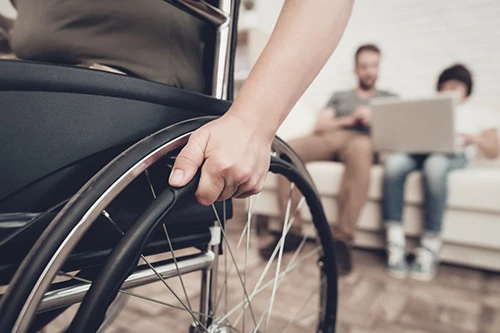Epilepsy is prevalent in the US, affecting between 5 and 8.4 per 1000 Americans every year or between 2.2 to 3 million US citizens (American Epilepsy Society), with older adults and children being at greater risk.
Unfortunately, seizures can and do occur when epileptic people drive, but those seizure-caused accidents are less prevalent compared to alcohol and driver error. Per WebMD, between 1995–1997, 86 drivers in the US died each year due to seizures. Though rare, you could end up in a car accident involving a seizure. Can the seizing driver then be held liable for a seizure-related car accident?
The symptoms of a seizure
The following may occur in people with epilepsy, even when properly taking medication:
- Confusion caused by the seizure
- Loss of control in bodily functions
- Paralysis
- Cognitive impairment
- Loss of consciousness
- Anxiety
- Inability to focus
- Temporary paralysis
- Memory loss
Injuries caused by a seizure-related car accident
The following injuries may happen to you if you were struck by another person who was having a seizure:
- Traumatic Brain Injury (TBI)
- Bruises and lacerations
- Psychological injury
- Broken bones, such as ribs, limbs, or hips
- Internal bleeding
- Whiplash
- Knee injuries
- Post-Traumatic Stress Disorder (PTSD)
Driver Requirements for Florida
According to Epilepsy.com, a person with epilepsy in Florida may receive their driver’s license under their doctor’s recommendation but only after they have been declared seizure-free for over two years. Seizure-susceptible drivers are also required to demonstrate that they are taking an anti-epilepsy medication.
However, if the driver is under constant medical supervision, they can apply to drive after being one-year seizure-free. They must also send a follow-up medical evaluation a year post-approval of licensure.
Determining who is at fault for seizure-related accidents
When you’re in an accident that was caused by the other driver having a seizure, you may seek damages in the form of monetary compensation for psychological and physical pain, loss of wages both current and future, job loss or time off, death of a loved one, household expenses, and more.
However, to determine whether the driver is at fault, the following must be asked:
- Did the driver have a history of epileptic seizures?
- Was the driver receiving treatment for epilepsy?
- Was the driver seizure-free for six months or longer?
To prove liability is even more difficult. You’ll have to figure out whether:
- The driver lost consciousness right before the accident.
- The loss of consciousness occurred due to negligence. The driver may not have had a medical history involving seizures. However, if the driver was aware of their history of seizures and even succumbed to a seizure recently, then the driver can be deemed neglectful.
- The loss of consciousness wasn’t sudden.
- The driver was unable to take action to prevent the loss of consciousness. They may not have believed that the accident was a possibility.
- The doctor falsely recommended licensure of the seizing driver.
- If you can prove the above, you’ll likely be compensated for your accident.
In most cases, it is considered reckless for a person with a history of seizures to drive, as they are aware that seizures could render them unconscious, which could lead to a car accident. This can likely net you monetary compensation for your injuries.
Consult a personal injury attorney should you get in a seizure-related accident
Consider contacting a personal injury attorney if you are hit by a person suffering from a seizure at the time of your accident. The seizing person may not have had a license to drive or were neglectful, causing you to lose wages and time but also suffer from psychological and physical damages.
Not only will you have an attorney fight for the compensation you deserve, but they will fight all while you focus on relaxation and recovery.

